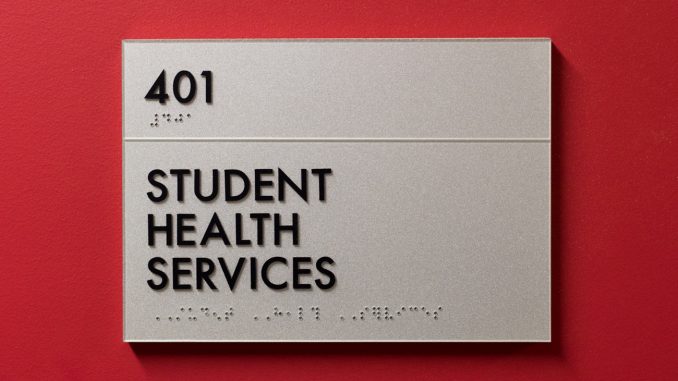
There were 74 Temple University-related mumps cases as of Wednesday.
Among those, 15 were confirmed and 59 were probable. There are 71 cases involving Philadelphia residents and 3 involving residents of surrounding counties, wrote Jim Garrow, the communications director of the Philadelphia Department of Public Health, in an email Wednesday.
The university first announced the outbreak on Feb. 28. It since has administered 173 doses of the mumps measles and rubella vaccine since Feb. 25.
University officials could not be reached for comment on Wednesday.
Mumps is a highly contagious viral disease that can be transmitted via the nose, mouth and throat. Symptoms include swelling of the face and jaw, fever and body pains. The incubation period is 12 to 25 days, and symptoms typically appear 16 to 18 days after exposure.
Someone with mumps is considered contagious two days before their face swells, through five days after, according to a university release. It’s recommended that people with mumps isolate themselves so they’re less likely to infect other people.
Students experiencing symptoms should contact Student and Employee Health Services.


Be the first to comment